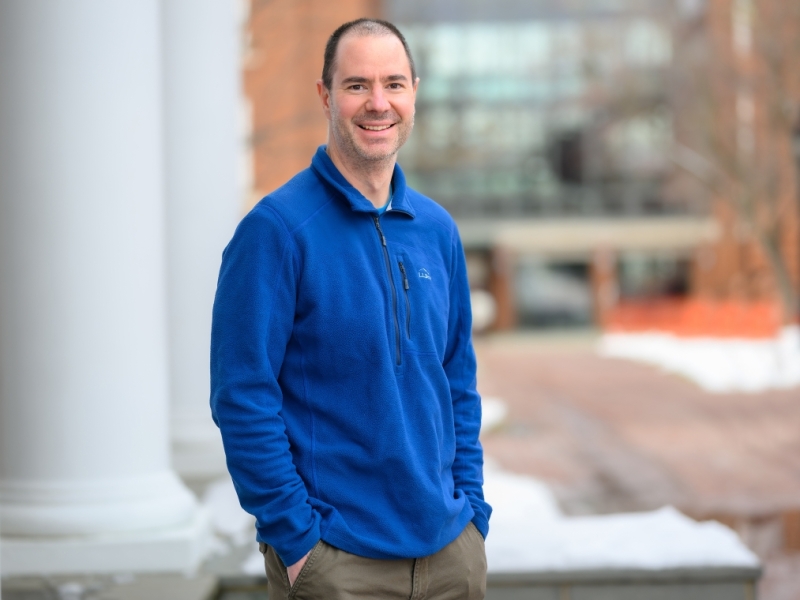Economics
- Degree Type Bachelor of Arts
- Department Economics
- Academic Division The Williams School
- Offerings Major


Economics students learn to think critically using the analytical tools of economic study, allowing them to apply economic theory to economic and social issues. With the practical tools of the discipline, students also develop an ability to evaluate the validity of theoretical predictions made by scholars in their field.
Economics
Economics is the study of decision making under scarcity, and it permeates almost every facet of political, commercial, industrial and even familial behavior in society. Do financial markets reflect rational behavior? Will Google, Apple and Tesla displace VW, GM and Toyota? How has the birth control pill affected women’s education and labor market decisions? Does corruption grease or sand the wheels of economic development? These are just a few examples of the full range of questions that we discuss in class at Washington and Lee.
Opportunities
Student Activities: Co-curricular activities sponsored by the Williams School include the General Development Initiative, Mock Convention, Real Estate Society, Student Consulting, Venture Club and the Williams Investment Society.
Visiting Scholars: The W&L/VMI Economics Seminar series features local scholars as well as researchers from other universities who present original research from all fields of economics. The H. Parker Willis Lecture presents a prominent Federal Reserve official, and speakers have included Ben Bernanke, Frederic Mishkin and Eric Rosengren. The Executive-in-Residence is someone who has excelled in business and is invited to spend several days on campus meeting with students, visiting classes and providing one-on-one career mentoring.
Field Experiences: The Career and Professional Development Office has organized trips to locations such as Washington, D.C., that offer economics students the chance to explore careers in the field. The Economics Department offers Spring Term study abroad courses to locations such as Brazil, Denmark, Ghana and Nepal.
Research: W&L’s prestigious Summer Research Scholar program provides opportunities for students to work in the summer on faculty research projects.
Outcomes
Employment: Graduates work in consulting, government, policy research, investment and commercial banks, nonprofits, businesses and start-up companies. Recent employers include Accenture, Barclays Bank, Berkeley Research Group, Economists Inc., EY, Facebook, Fulbright, The Federal Reserve System, Heritage Foundation, Marriott, Uber, JP Morgan, and Cushman & Wakefield.
Graduate School: Graduates also go to law school, graduate school for a master’s or doctorate in economics or a related field, and to MBA programs after several years of work. Recent schools include the University of Virginia, Vanderbilt, University of Chicago and University of Maryland.
Graduate Fellowships: Economics majors also enjoy success in competing for national scholarships and fellowships that fund other learning opportunities. Recent awards include the Fulbright Award, the Davis Projects for Peace prize, Venture for America and the Goldwater Scholarship.
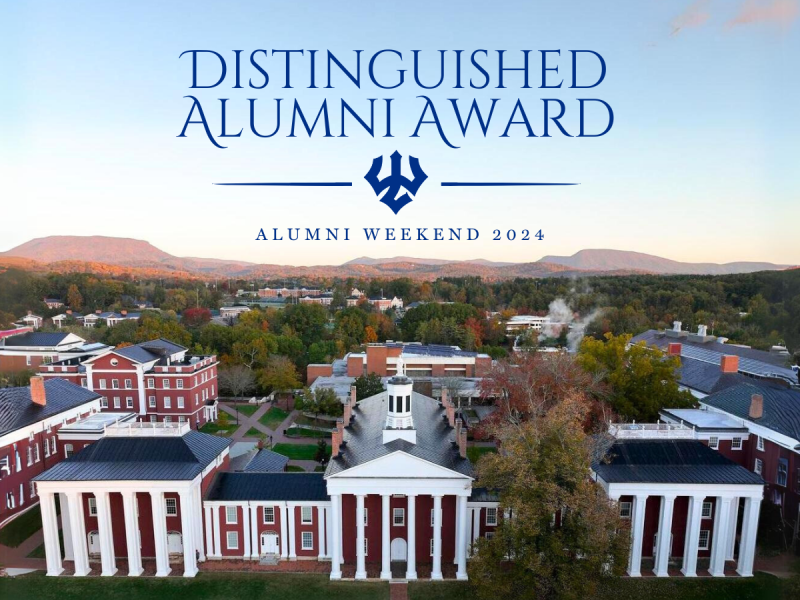
2024 Distinguished Alumni Awards
Washington and Lee University is proud to announce this year's Distinguished Alumni Award winners

W&L’s Benton Copeland ’24 Awarded Fulbright to Taiwan
Copeland has been awarded a Fulbright English Teaching Assistantship to teach English in Taiwan.
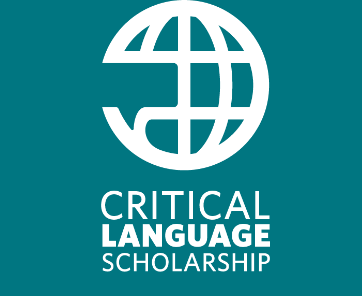
Record Number of W&L Students Awarded Critical Language Scholarship
The Critical Language Scholarship Program funds a summer of overseas language and cultural immersion.

W&L’s Leslie Frederick to Present at the 2024 AACSB Assessment and AoL Conference in New York City
Frederick will serve as co-presenter for a session that demonstrates the beneficial uses of technology in the curriculum mapping process.
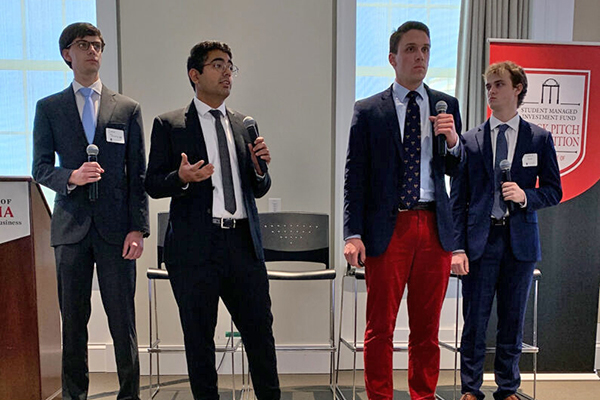
W&L Students Claim First Place at University of Georgia Stock Pitch Competition
A four-person team comprised of John Schleider ‘24, Diwesh Kumar ‘24, Bradford Bush ’25 and Drew Thompson ‘25 claimed the $3,000 top prize for their pitch on CVS Health.
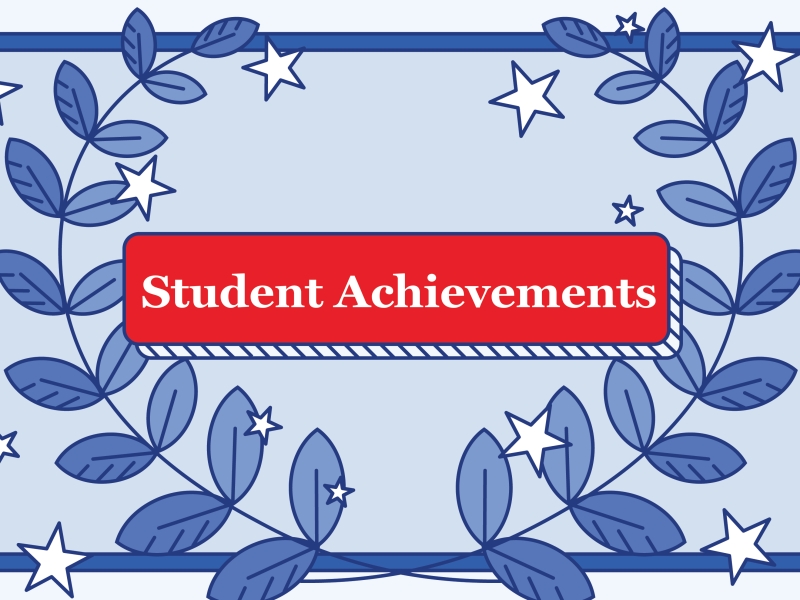
Two W&L Students Awarded Public Policy and International Affairs Fellowship
Jessica Pachuca ’25 and Gabe Miller ’25 will attend the PPIA Junior Summer Institute at Carnegie Mellon University this summer.
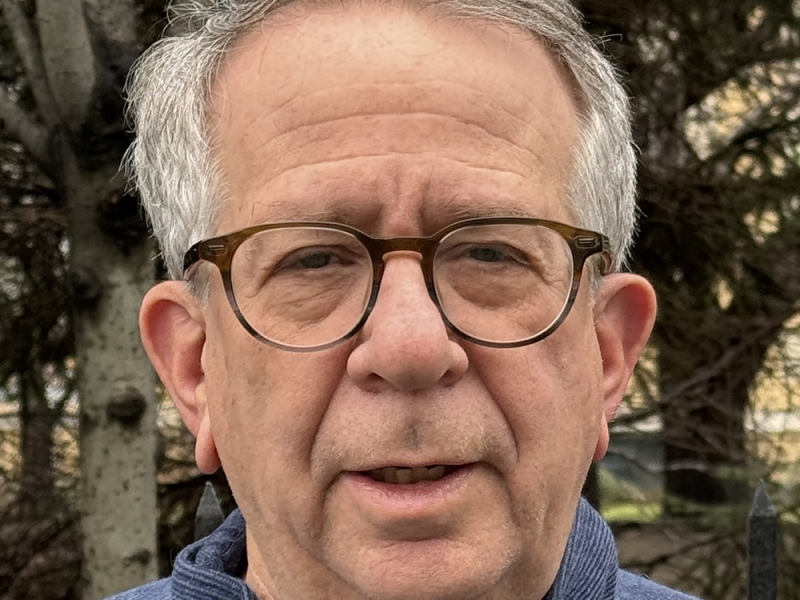
Rubel’s lecture will be held in Northen Auditorium on Feb. 22 at 5:30 p.m.
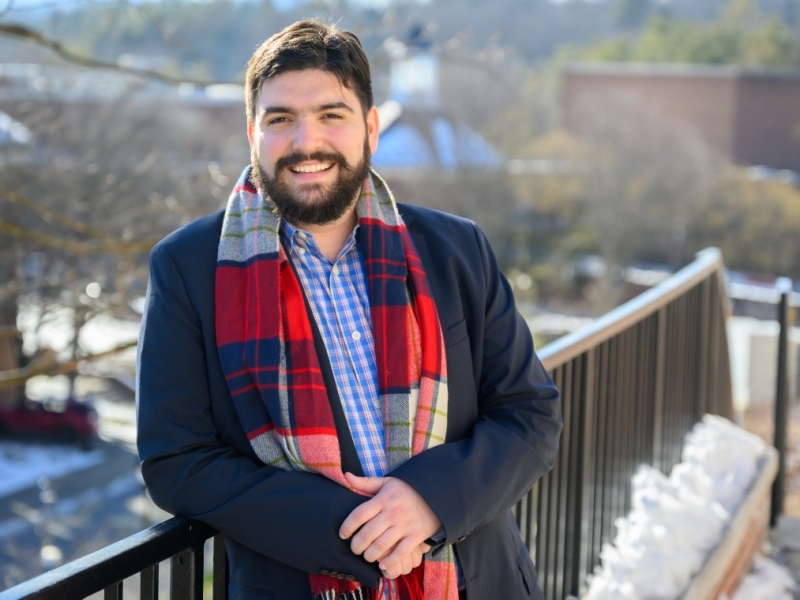
A global politics and economics double major, Dantini found his ‘home’ on campus with the University Singers.
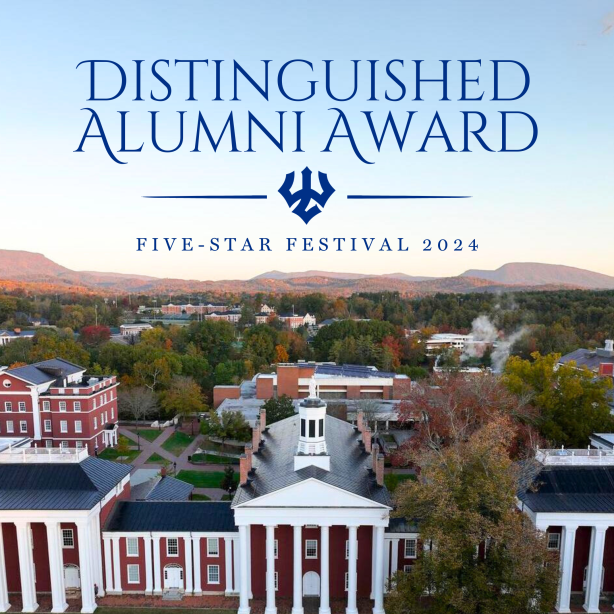
2024 Five-Star Distinguished Alumni Awards
Washington and Lee University is proud to announce this year's Five-Star Distinguished Alumni Award winners
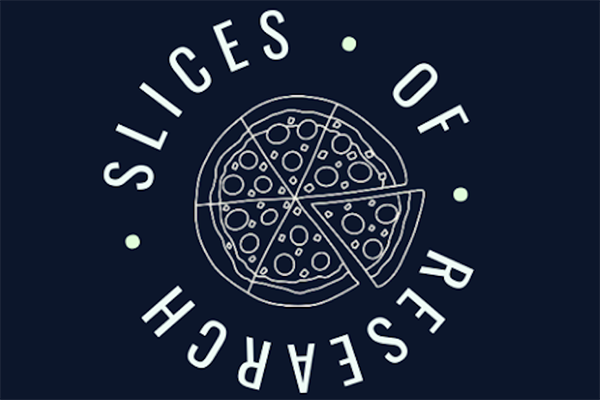
W&L to Host “Slices of Research” Program at Salerno Wood Fired Pizza & Taphouse
Newly promoted faculty members will present their research in a PechaKucha format on Jan. 30.
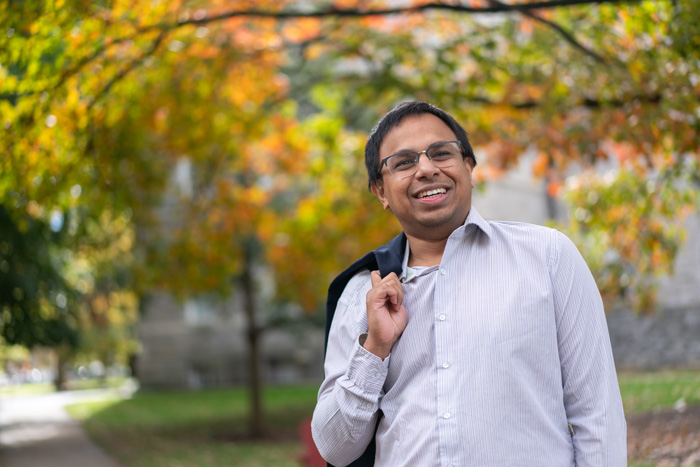
Shamma Alam of Dickinson College to Lecture on Aspects of International Development
Alam will speak on Feb. 16 at 4 p.m. as part of the W&L/VMI Economics Seminar Series.
Sample Courses
At W&L, we believe education and experience go hand-in-hand. You’ll be encouraged to dive in, explore and discover connections that will broaden your perspective.
ECON 215
Money & Banking
A study of the fundamental principles of money, credit and banking in the United States. Emphasis is on modern conditions and problems, with particular attention to the validity of monetary and banking theory in the present domestic and international situation.
ECON 235
The Economics of Social Issues
This seminar is based on readings that set out hypotheses developed by economists and other social scientists regarding the causes and consequences of a wide range of social problems. Evidence examining the validity of these hypotheses is scrutinized and evaluated. The course is writing-intensive and interdisciplinary since readings are drawn from a wide variety of fields. Topics discussed include, but are not limited to, poverty, education, health, crime, race, ethnicity, immigration and fiscal matters.
ECON 241
Economics of War & Peace
In this course. we will look at the economic conditions and behaviors during periods of conflict. As such, the focus of the course is to develop a theoretical understanding of how human interaction can be modeled to study both peace and violent outcomes. To do so, we will view individuals’ decision to be engaged in conflict as a rational choice. This viewpoint allows us to use economic principles to study individual behavior, design policies to alter those behaviors, and assess economic losses due to conflict. The topics covered in this class range from civil wars and genocide to international terrorism.
ECON 302
Game Theory
This course abandons the assumptions of perfect competition. Buyers and sellers may be few; information may be privately held; property rights may be poorly enforced; externalities abound and uncertainty is the rule. Game theory is a general framework for analyzing the messy world of strategic interactions. Standard solution concepts such as Nash Equilibrium, subgame perfection and Bayesian equilibrium are introduced in the context of a broad array of microeconomic topics. These include auctions, bargaining, oligopoly, labor market signaling, public finance and insurance.
ECON 230
Labor Economics
This course addresses how labor markets and institutions allocate labor and determine earnings and the distribution of income in the United States. Economic models are used to explain labor market outcomes generated by our economy. Where such outcomes are deemed less than socially optimal, these models are used to evaluate prospective and current labor market policies intended to address these shortcomings. Some attention is given to comparing American labor market outcomes with those in other developed countries.
ECON 255
Environmental/Natural Resource Economics
The course serves as an introduction to environmental and natural resource economics. Economic principles are used to evaluate public and private decision-making involving the management and use of environmental and natural resources. Aspects pertaining to fisheries, forests, species diversity, agriculture and various policies to reduce air, water and toxic pollution will be discussed. Lectures, reading assignments, discussions and exams will emphasize the use of microeconomic analysis for managing and dealing with environmental and natural resource problems and issues.
Meet the Faculty
At W&L, students enjoy small classes and close relationships with professors who educate and nurture.
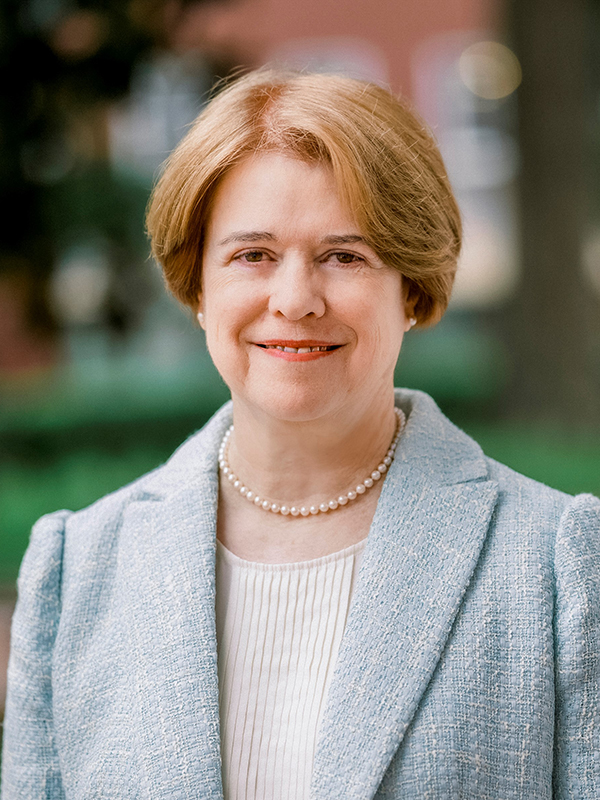

Linda M. Hooks
Professor of Economics and Head of the Department
- P: 540-458-8621
- E: hooksl@wlu.edu
Hooks teaches courses in money and banking, macroeconomics and monetary policy. Her research focuses on the role of banks in economic growth and the impact of regulation on bank risk.
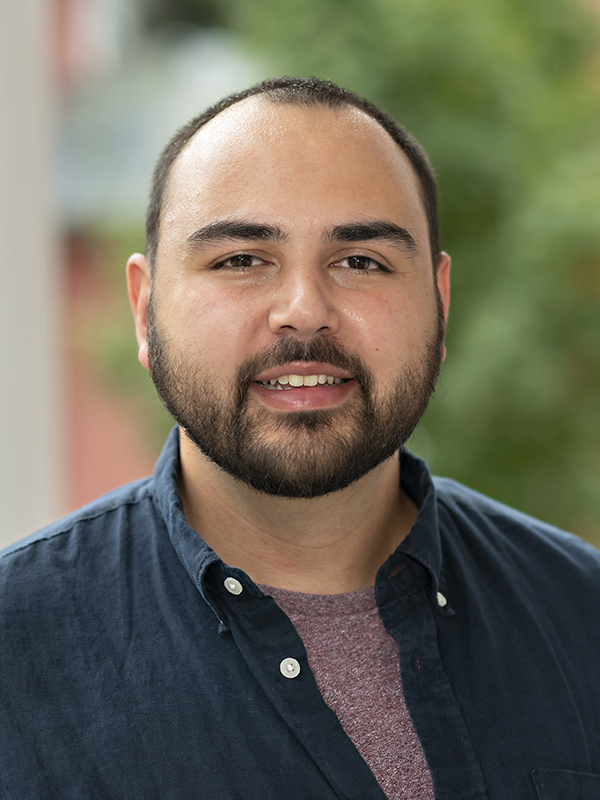

Camilo Alvarez
Ted DeLaney Postdoctoral Fellow in Economics
- P: 540-458-5895
- E: calvarez@wlu.edu
Alvarez’s research is centered around international macroeconomic and monetary economics with a specific focus on sovereign debt. Prior to joining W&L, he worked at the Federal Reserve Bank of Minneapolis, and the Minnesota Population Center.
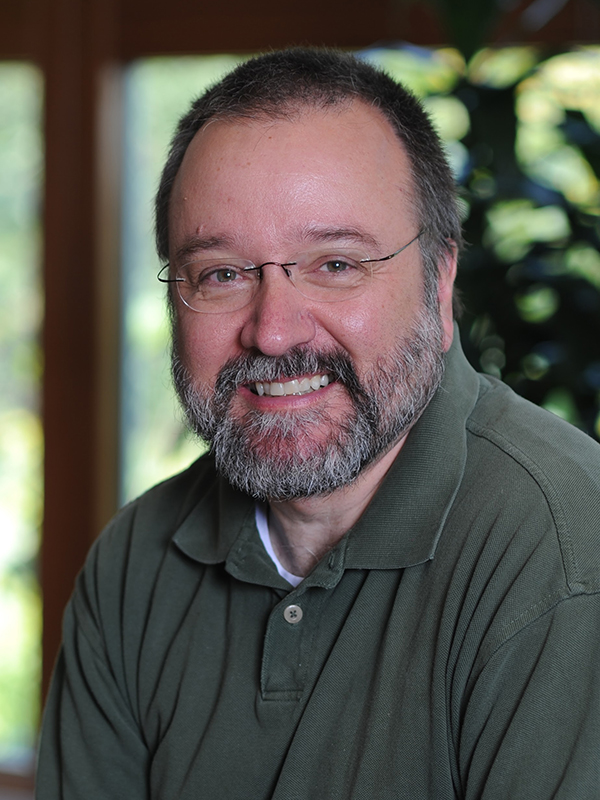

Michael Anderson
Robert E. Sadler, Jr. Professor of Economics
Anderson teaches courses on international trade, finance and econometrics. He researches topics in international trade such as how firm-level decisions affect state-level poverty in India.


Niels-Hugo (Hugo) Blunch
Darrold and Kay Cannan Term Professor of Economics
- P: 540-458-8619
- E: blunchn@wlu.edu
Blunch teaches econometrics and health economics, and also takes students to Ghana for study abroad. His research pertains to health, education and labor market issues. Previously, Blunch worked with the World Bank and the United Nations.


Jamie Casey
Professor of Economics
- P: 540-458-8102
- E: caseyj@wlu.edu
Casey is a 1991 W&L graduate who teaches courses that focus on the relation between the economy and the environment. His research centers on environmental funding and the economics of agriculture.
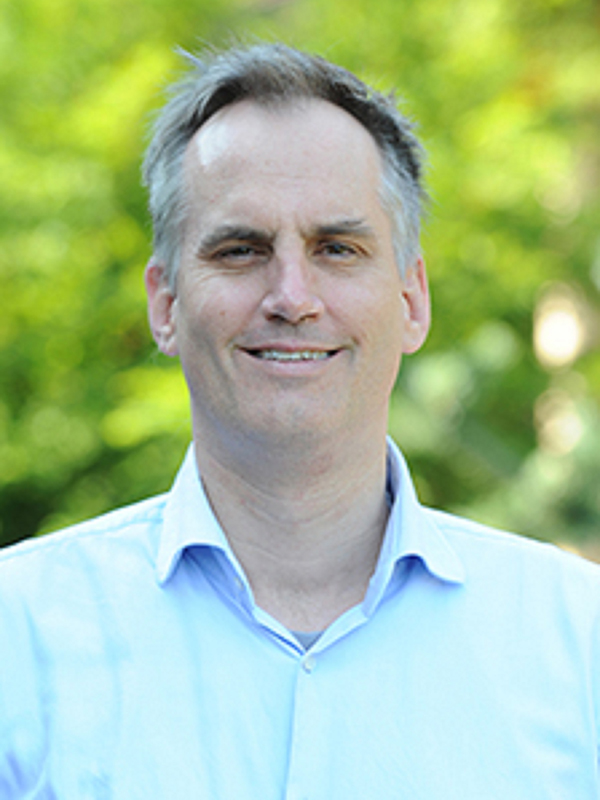

Martin Davies
Associate Professor of Economics
- P: 540-458-8157
- E: daviesm@wlu.edu
Davies teaches courses on macroeconomic theory, international trade and international finance. Davies grew up in Papua New Guinea and researches international economic policy.
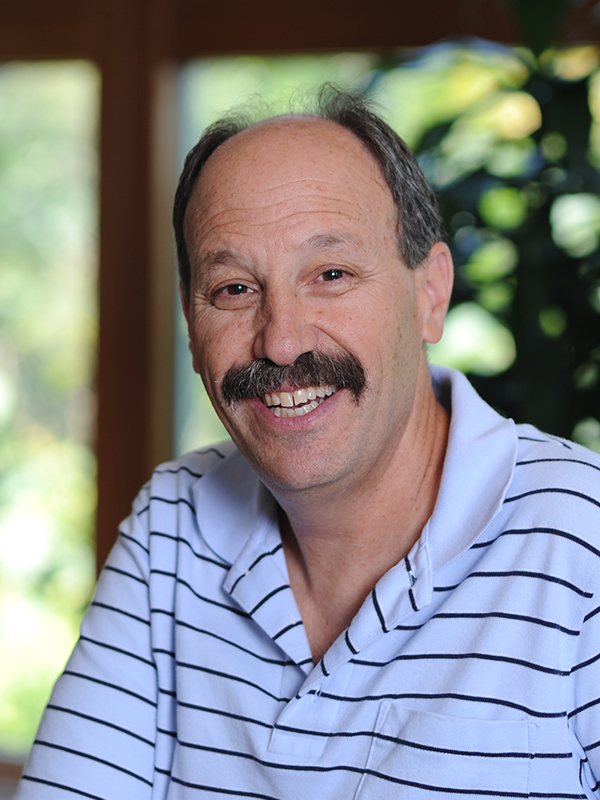

Art Goldsmith
Jackson T. Stephens Professor of Economics
Goldsmith’s courses are often interdisciplinary and draw from insights in other disciplines to foster a deeper understanding of topics in economics.
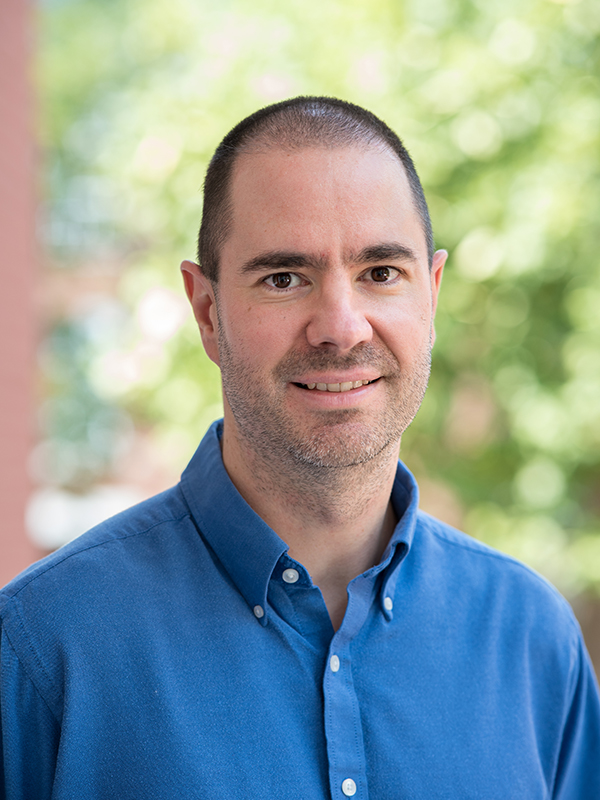

Peter Grajzl
Professor of Economics
- P: 540-458-8049
- E: grajzlp@wlu.edu
Grajzl teaches courses in introductory economics, microeconomics, economics of institutions and mathematical methods. His research centers on comparative institutional economics, law and economics, and political economy.


Joseph Guse
Professor of Economics
- P: 540-458-8915
- E: gusej@wlu.edu
Joseph Guse teaches Microeconomic Theory, Game Theory, and Statistics and Environmental Economics. He co-teaches Spring Term courses on the Lakota and Tohono O’odham tribes. His research focuses on credit in American Indian communities.
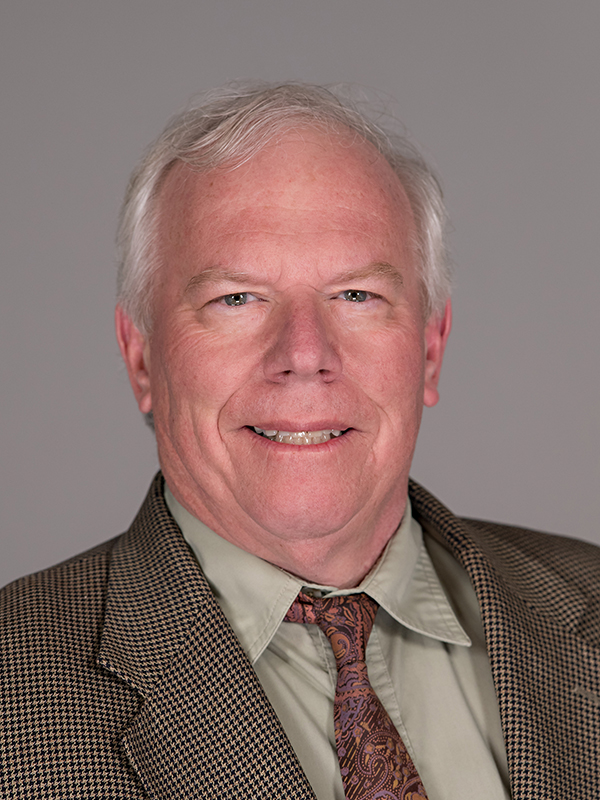

James Kahn
Emeritus Faculty, John F. Hendon Professor of Economics and Professor of Environmental Studies
- P: 540-458-8036
- E: kahnj@wlu.edu
Kahn is a 1975 alumnus who teaches courses on the economics of the environment and development. He also teaches a Spring Term study abroad course in the Amazonas and researches environmental policy and resource economics.
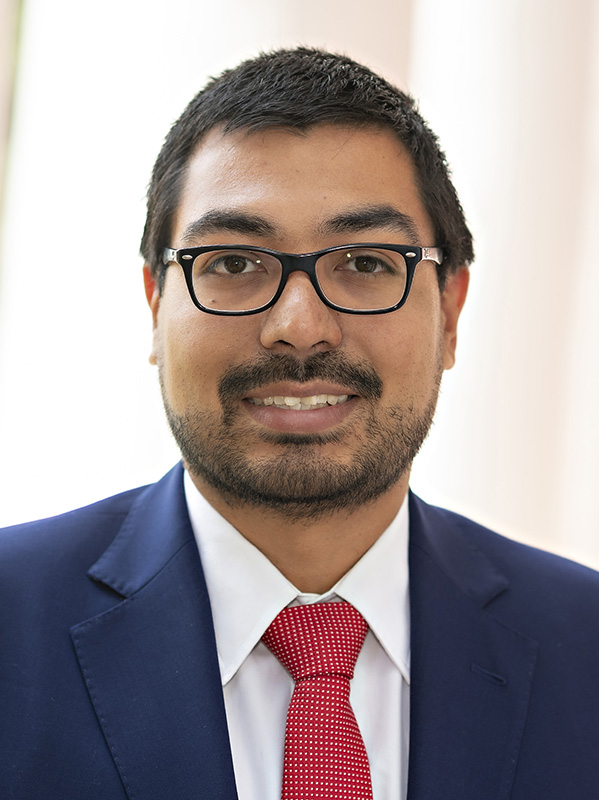

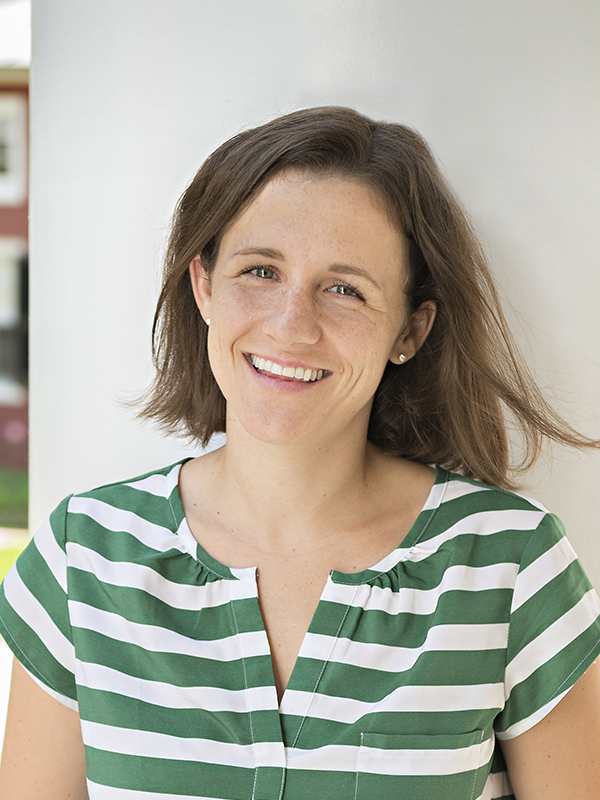

Katharine L. Shester
Associate Professor of Economics
- P: 540-458-8607
- E: shesterk@wlu.edu
Shester teaches courses on urban economics, women in the economy and U.S. economic history. Her research interests include American economic history, urban and labor economics, demography and education.
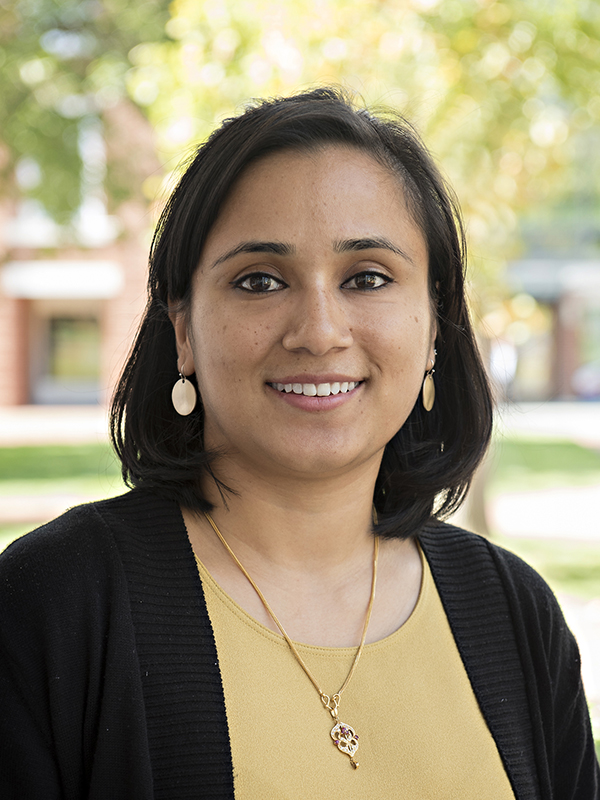

Shikha Silwal
Associate Professor of Economics
- P: 540-458-8256
- E: silwals@wlu.edu
Silwal teaches courses such as The Economics of War and Peace, and Culture and Economic Development. She also co-teaches a study abroad course in Nepal. Silwal researches conflict and peace studies with a focus on South Asia.













